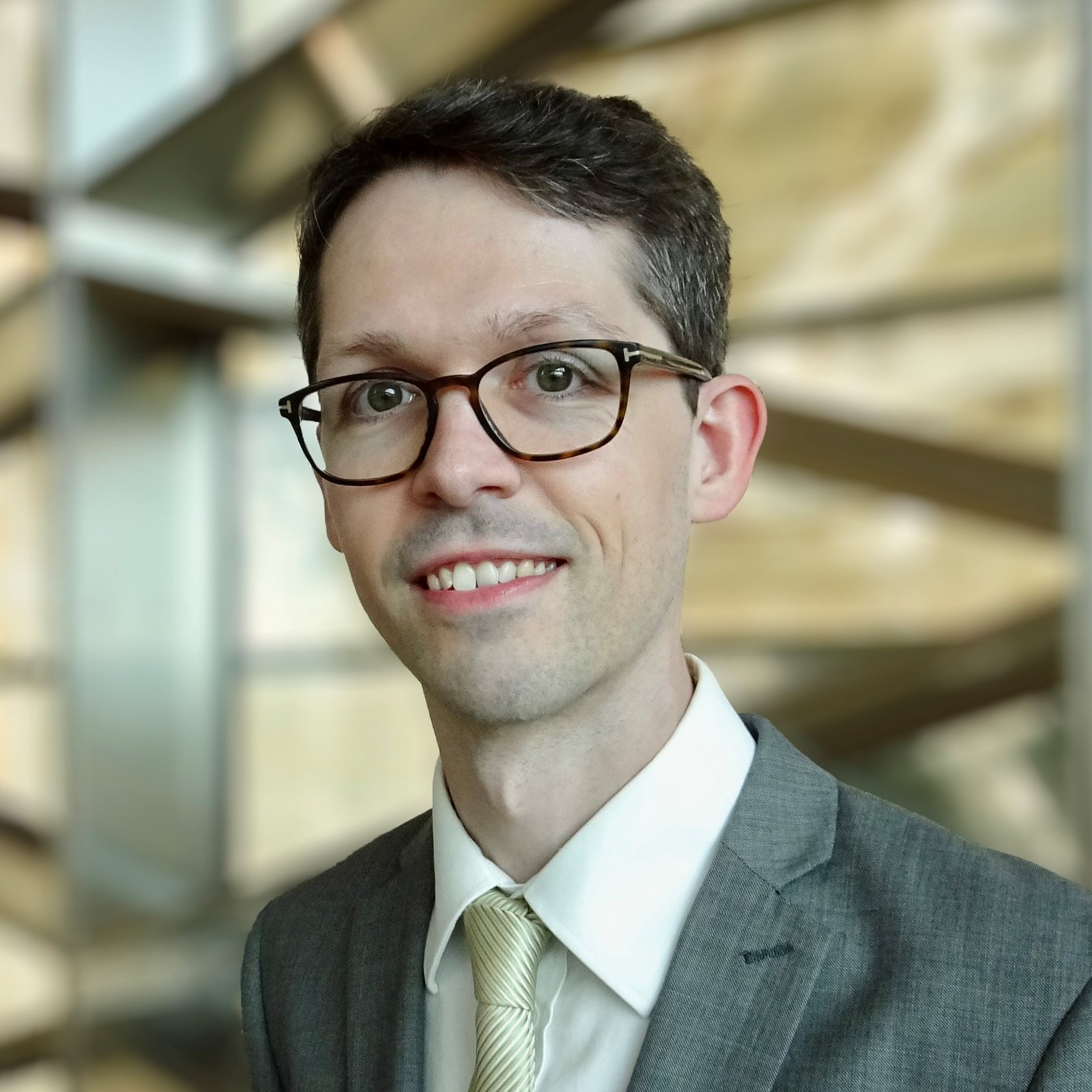Partners & Contributors
We collaborate with various academic and industrial entities, along with individual experts, to enhance our offerings. These partnerships provide us with crucial strategic insights, validated data, and contributions to our software development, ensuring we deliver cutting-edge solutions in our field.
Partners & Contributors
We collaborate with various academic and industrial entities, along with individual experts, to enhance our offerings. These partnerships provide us with crucial strategic insights, validated data, and contributions to our software development, ensuring we deliver cutting-edge solutions in our field.

Dr Alex Harvey (Max-Born-Institute) visits the Quantemol office 11th February 2013:


ESiP General Assembly in London 8th & 9th November 2012


Dr Christian Hill
Christian is a physicist and physical chemist. His specialities are spectroscopy and the representation and communication of data in the physical sciences. Christian has developed the Quantemol database (QDB), an online sustainable database of plasma process data. Initially, QDB’s focus was on binary collisional process data presented as cross sections as a function of electron energy and Arrhenius parameter sets in terms of electron temperature. These data sets are collected into “Chemistries”, validated, self-consistent compilations of collisional processes for modeling plasma processes for a range of applications. The web software developed by Christian provides a platform for users to upload, compare and validate such data and exposes an API for its automated retrieval in a range of formats suitable for use in modeling software. Additionally, Christian has implemented XML schema expanding of the QDB data model to include a characterization of the surface (substrate) composition and structure as well as the description of the behaviour of individual adsorbed species (desorption energy, diffusion energy, etc.)

Dr James Hamilton
James completed his PhD at UCL in January 2018. During this time he worked on theoretical investigations into electron scattering with complex molecular systems from interstellar and atmospheric systems to systems for application in industrial plasma etching of silicon surfaces. He has developed and tested a new method for calculating dissociation branching ratios for several electron scattering processes, viz. electron impact-dissociative ionisation, -neutral dissociation and -dissociative attachment, through these investigations. James implemented into Q-N software computational schemes for calculation of high energy electron-molecule scattering cross sections, extending the software capability to a desired by many customers ranging from 0 – 10,000 eV. James also provided regular customer support and undertook several advance consultancy projects which inspired and facilitated his theoretical developments.

Dr Alex Harvey
Alex completed his doctoral work at UCL and for the past few years has been at the Max Born Institute in Berlin. His research interests include electron scattering, photoionisation and recombination, with a particular emphasis on the role they play in the interaction of strong, short-pulse, laser fields with atoms and molecules. With this in mind, he has adapted and extended the UK R-matrix codes to treat oriented electron-molecule collisions, and photoionisation
More information about both Alex and the Max Born Institute can be found here.

Dr Derek Monahan
Derek is a computational physicist with several years of experience modeling industrially relevant low-temperature plasma processes. He has a BSc degree in applied physics from the University of Limerick, Ireland and a PhD in computational physics from the National Centre for Plasma Science and Technology (NCPST) based in Dublin City University, Ireland. During his time in Quantemol, he focused on developing the next generation of plasma simulation tools and Quantemol-VT interface. Derek’s research interests include the low-pressure plasma global-model approximation, electronegative plasma discharges and fundamental plasma dynamics.

Dr Martin Ruskov
Martin is an Information Scientist with experience in software engineering and technology-enhanced learning. A common theme across his work is lowering access thresholds to complex knowledge domains. Martin worked on Quantemol-P in order to improve the architecture, usability and ease of use, making it faster, more intuitive and more transparent. As a result of the changes he made, the software is now easier to work with, for both developer and user, and faster in achieving results.
More information on Martin and his research interests can be found on his personal web page.

Dr Will Brigg
Will has completed his PhD with Quantemol and UCL while holding an STFC studentship. His scientific research project was focused on cross sections calculations for methane, while as part of his company internship he implemented in Quantemol-N multiple features including calculation of differential cross-sections, momentum transfer cross-sections and rotational excitation cross-sections. Will also contributed to R-matrix codes development and integrated new photoionisation cross sections calculations functionality to Quantemol-N. User-friendly wizard

Dr Harin Ambalampitiya
Harin has obtained his MS and PhD degrees in theoretical AMO physics from the university of Nebraska-Lincoln. He formerly worked as a Scientific Consultant and a Program Developer for our newest software: Quantemol Electron Collisions (QEC). Harin is currently a post-doctoral fellow and a lecturer at the University of Nebraska-Lincoln. His interests are in electron-molecule scattering and strong-field physics.

Dr Ramses Snoeckx

Dr Alex Harvey (Max-Born-Institute) visits the Quantemol office 11th February 2013:


ESiP General Assembly in London 8th & 9th November 2012


Dr Christian Hill
Christian is a physicist and physical chemist. His specialities are spectroscopy and the representation and communication of data in the physical sciences. Christian has developed the Quantemol database (QDB), an online sustainable database of plasma process data. Initially, QDB’s focus was on binary collisional process data presented as cross sections as a function of electron energy and Arrhenius parameter sets in terms of electron temperature. These data sets are collected into “Chemistries”, validated, self-consistent compilations of collisional processes for modeling plasma processes for a range of applications. The web software developed by Christian provides a platform for users to upload, compare and validate such data and exposes an API for its automated retrieval in a range of formats suitable for use in modeling software. Additionally, Christian has implemented XML schema expanding of the QDB data model to include a characterization of the surface (substrate) composition and structure as well as the description of the behaviour of individual adsorbed species (desorption energy, diffusion energy, etc.)

Dr James Hamilton
James completed his PhD at UCL in January 2018. During this time he worked on theoretical investigations into electron scattering with complex molecular systems from interstellar and atmospheric systems to systems for application in industrial plasma etching of silicon surfaces. He has developed and tested a new method for calculating dissociation branching ratios for several electron scattering processes, viz. electron impact-dissociative ionisation, -neutral dissociation and -dissociative attachment, through these investigations. James implemented into Q-N software computational schemes for calculation of high energy electron-molecule scattering cross sections, extending the software capability to a desired by many customers ranging from 0 – 10,000 eV. James also provided regular customer support and undertook several advance consultancy projects which inspired and facilitated his theoretical developments.

Dr Alex Harvey
Alex completed his doctoral work at UCL and for the past few years has been at the Max Born Institute in Berlin. His research interests include electron scattering, photoionisation and recombination, with a particular emphasis on the role they play in the interaction of strong, short-pulse, laser fields with atoms and molecules. With this in mind, he has adapted and extended the UK R-matrix codes to treat oriented electron-molecule collisions, and photoionisation
More information about both Alex and the Max Born Institute can be found here.

Dr Derek Monahan
Derek is a computational physicist with several years of experience modeling industrially relevant low-temperature plasma processes. He has a BSc degree in applied physics from the University of Limerick, Ireland and a PhD in computational physics from the National Centre for Plasma Science and Technology (NCPST) based in Dublin City University, Ireland. During his time in Quantemol, he focused on developing the next generation of plasma simulation tools and Quantemol-VT interface. Derek’s research interests include the low-pressure plasma global-model approximation, electronegative plasma discharges and fundamental plasma dynamics.

Dr Martin Ruskov
Martin is an Information Scientist with experience in software engineering and technology-enhanced learning. A common theme across his work is lowering access thresholds to complex knowledge domains. Martin worked on Quantemol-P in order to improve the architecture, usability and ease of use, making it faster, more intuitive and more transparent. As a result of the changes he made, the software is now easier to work with, for both developer and user, and faster in achieving results.
More information on Martin and his research interests can be found on his personal web page.

Dr Will Brigg
Will has completed his PhD with Quantemol and UCL while holding an STFC studentship. His scientific research project was focused on cross sections calculations for methane, while as part of his company internship he implemented in Quantemol-N multiple features including calculation of differential cross-sections, momentum transfer cross-sections and rotational excitation cross-sections. Will also contributed to R-matrix codes development and integrated new photoionisation cross sections calculations functionality to Quantemol-N. User-friendly wizard

Dr Harin Ambalampitiya
Harin has obtained his MS and PhD degrees in theoretical AMO physics from the university of Nebraska-Lincoln. He formerly worked as a Scientific Consultant and a Program Developer for our newest software: Quantemol Electron Collisions (QEC). Harin is currently a post-doctoral fellow and a lecturer at the University of Nebraska-Lincoln. His interests are in electron-molecule scattering and strong-field physics.

